- Home›
- Healthy Living›
- 10 Side Effects Of Eating Excessive Pistachios (Pista)
10 Side Effects Of Eating Excessive Pistachios (Pista)
By: Priyanka Maheshwari Tue, 02 July 2024 3:25:12
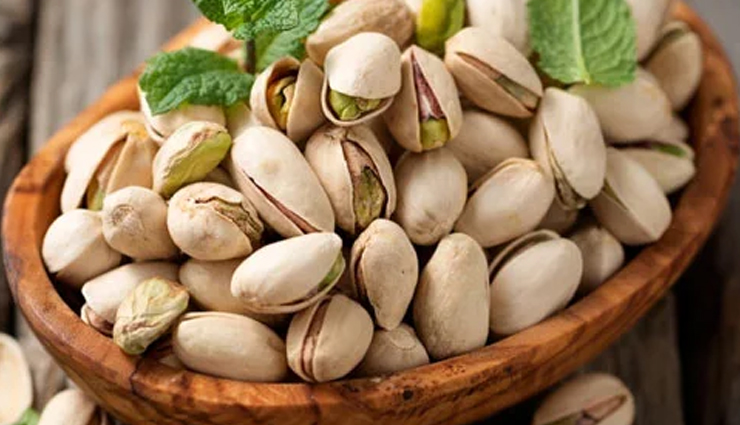
Pistachios, also known as pista, are tiny, delicious nuts popular as a snack or in a variety of culinary applications. In this article, we will explore potential side effects of eating excessive pistachios but before that we will explore the nutritional value of pista:
Healthy Fats: Pistachios are a good source of healthy fats, including monounsaturated and polyunsaturated fats. These fats are beneficial for heart health, as they can help lower bad cholesterol levels and reduce the risk of heart disease.
Protein: Pistachios provide a moderate amount of protein, making them a valuable plant-based protein source. Protein is essential for building and repairing tissues, supporting muscle growth, and maintaining overall health.
Dietary Fiber: Pistachios are rich in dietary fiber, which plays a crucial role in maintaining digestive health and promoting regular bowel movements. A serving of pistachios can contribute to your daily fiber intake, aiding in digestion and providing a feeling of satiety.
Vitamins: Pistachios contain various vitamins, including vitamin E, vitamin B6, thiamin, and folate. Vitamin E acts as an antioxidant, protecting cells from damage caused by free radicals. Vitamin B6 is involved in brain development and function, while thiamin and folate contribute to energy production and support healthy cell division.
Minerals: Pistachios are a good source of minerals such as potassium, phosphorus, magnesium, and copper. Potassium is essential for maintaining proper heart and muscle function, while phosphorus and magnesium are vital for bone health. Copper aids in energy production and supports the immune system.
Antioxidants: Pistachios contain various antioxidants, including flavonoids, carotenoids, and vitamin E. These antioxidants help protect the body's cells from oxidative damage caused by harmful free radicals, potentially reducing the risk of chronic diseases.
Plant Compounds: Pistachios contain unique plant compounds, such as resveratrol and lutein, which have been associated with potential health benefits. Resveratrol exhibits anti-inflammatory and heart-protective properties, while lutein is essential for eye health.
It's important to note that while pistachios offer numerous health benefits, they are also calorie-dense. A recommended serving size is typically around 1 ounce (28 grams) or a small handful of pistachios per day. Incorporating pistachios into a well-balanced diet that includes a variety of other nutrient-rich foods can provide valuable nutritional benefits but excessive consumption can lead to unintended side effects. In this article, we will explore 10 potential side effects of eating excessive pistachios.
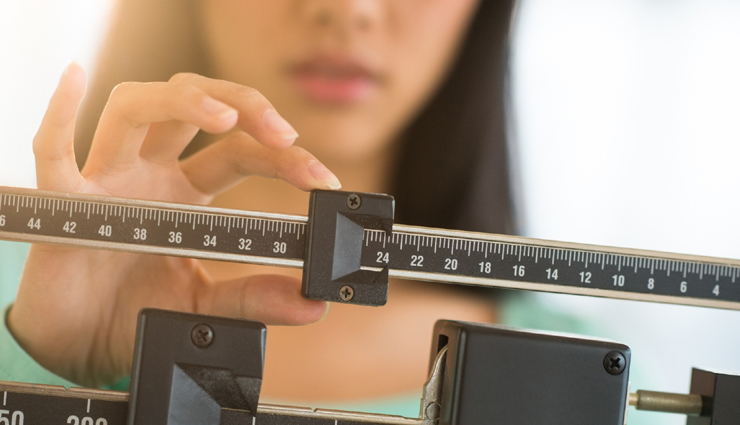
# Weight Gain
Pistachios are high in calories. Excessive eating without taking total calorie intake into account might contribute to weight gain. It's critical to practise portion control and keep your total calorie balance in mind.
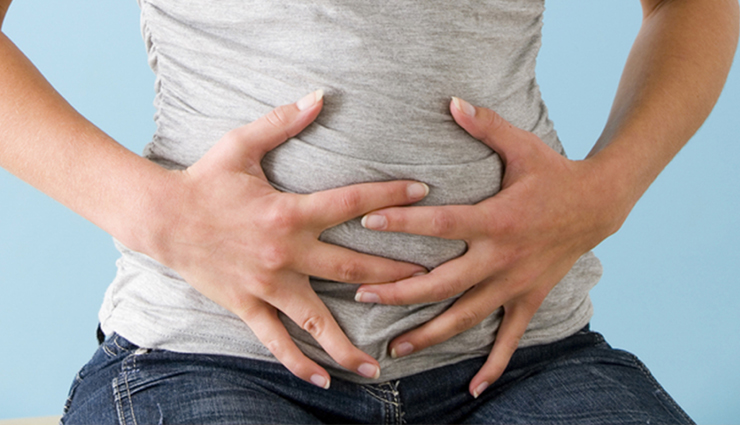
# Digestive Issues
Excessive pistachio consumption can cause digestive difficulties such as bloating, gas, and even diarrhoea. This is mostly due to pistachios' high fibre content. To help digestion, gradually increase your intake of fiber-rich meals and drink lots of water.
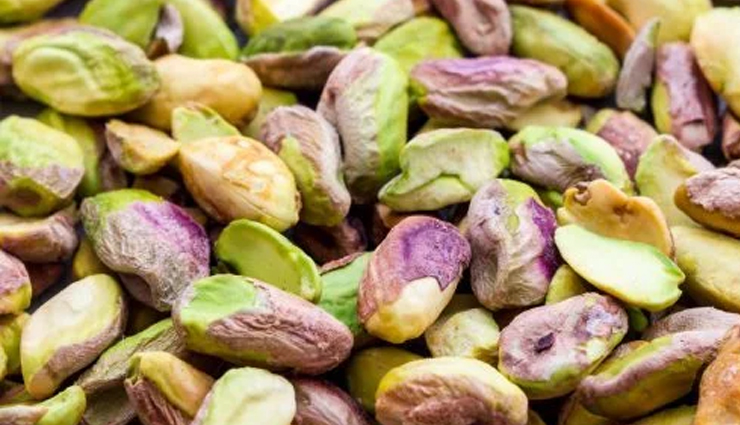
# Nutrient Imbalance
While pistachios are high in vital nutrients, over intake might disrupt the nutrient balance in your diet. A diet high in pistachios may result in a deficiency of other essential elements. It is essential to have a varied and well-balanced diet.

# Allergies
Some people are allergic to pistachios. Allergic responses can be modest, such as itching and hives, or severe, such as trouble breathing or anaphylaxis. If you develop any adverse reactions after eating pistachios, get medical treatment right away.
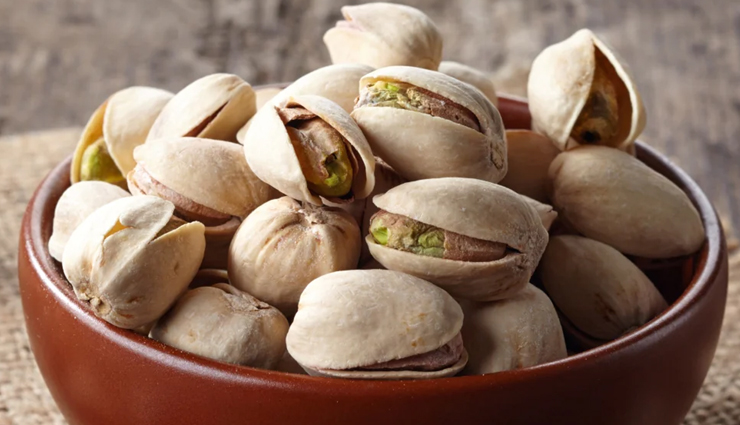
# High Copper Intake
Pistachios are relatively high in copper, and excessive consumption can lead to an overload of this mineral. Consuming excessive copper over an extended period may disrupt the balance of other essential minerals in the body.
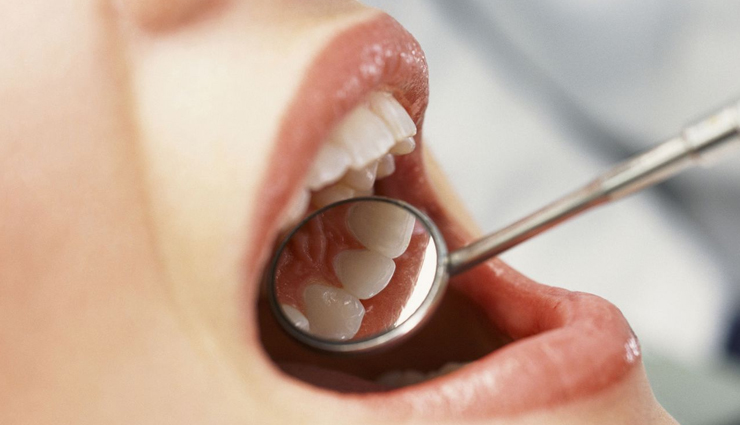
# Dental Issues
Pistachios are tough nuts that need careful eating. Excessive pistachio chewing might result in dental problems such as tooth fractures or damage to dental restorations. When eating pistachios, it's necessary to chew slowly and examine the state of your teeth.
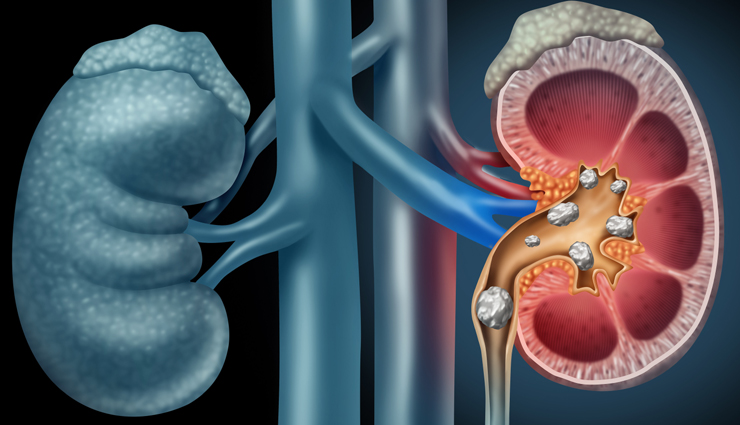
# Oxalate Buildup
Pistachios contain oxalates, as do many other plant-based meals. Pistachio eating in excess can cause oxalate accumulation in the body, perhaps leading to kidney stone development in susceptible individuals. Consume pistachios in moderation, especially if you are prone to kidney stone development.
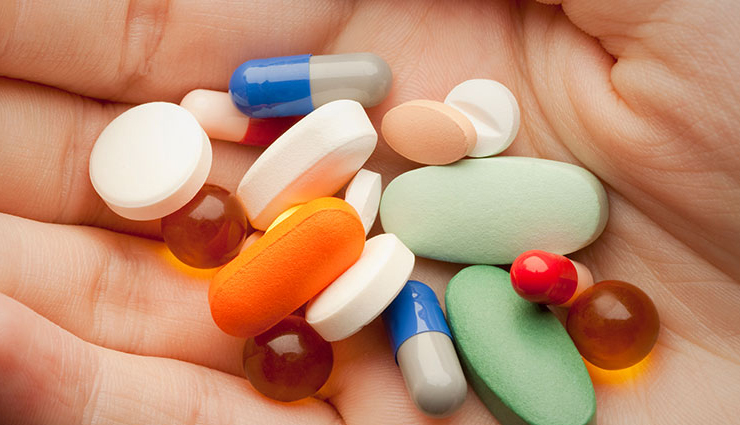
# Interference with Medications
Pistachios contain chemicals that have the potential to interact with certain drugs. Pistachios, for example, may interfere with blood-thinning drugs. If you are taking any drugs, you should talk to your doctor about potential interactions with pistachios.
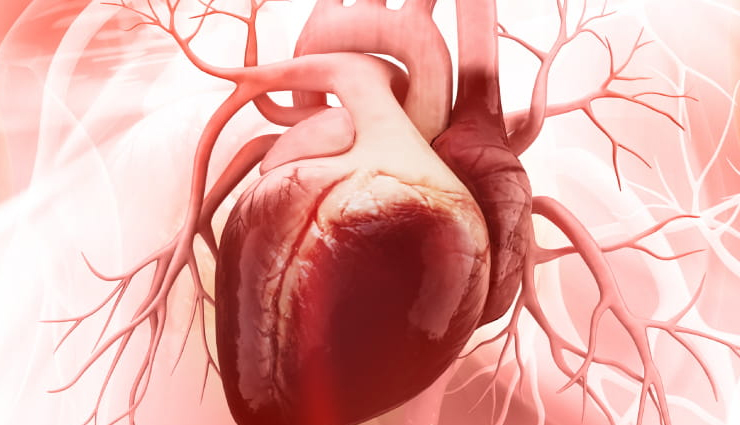
# Increased Saturated Fat Intake
While pistachios are generally considered a healthier nut option, they still contain some saturated fats. Excessive consumption of pistachios can lead to an increased intake of saturated fats, which may contribute to heart disease risk if consumed in large amounts.
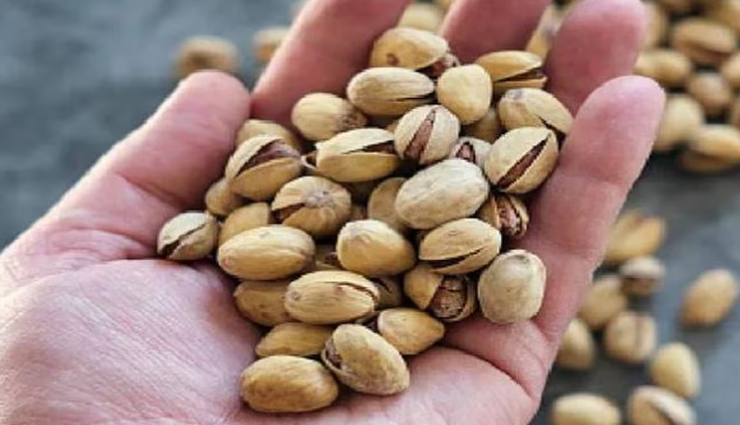
# Potential Aflatoxin Contamination
Aflatoxins are mould toxins that may infect nuts such as pistachios. Consuming an excessive amount of pistachios contaminated with aflatoxin may have long-term negative health consequences. To reduce the danger of aflatoxin contamination, obtain pistachios from reputable suppliers and store them appropriately.





